In a pinch and looking for a lemon juice substitute? If you don’t have a fresh lemon on hand, you’re most likely not going to have lemon zest, which is a common substitution. These FIVE best substitutes can stand in for that lemon flavor in your salad dressings, savory dishes, and really anything else!
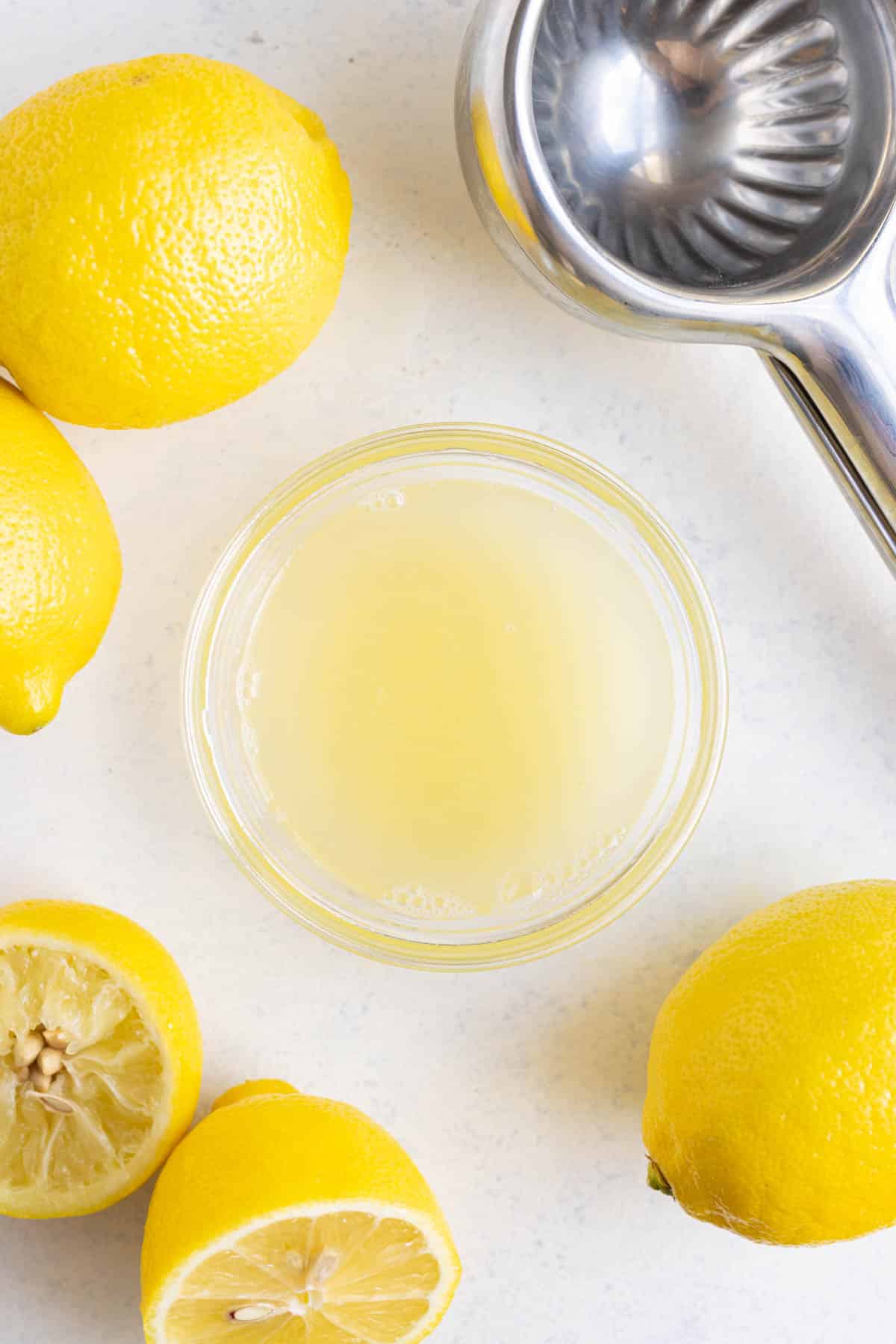
Table of Contents
The Best Substitutions for Lemon Juice
A recipe calls for lemon juice and you have… no lemons. What should you use in its place?
The good news is, you have options, whether you’re baking or cooking. Each has a different flavor profile. Some substitutes will call for small quantities, while for others you might have to add more than what the recipe calls for. It all depends on your preference, so it’s important to taste as you cook.
1. Lime Juice
A great substitute is the cousin of lemons: lime juice, another one of the citrus fruits. It mimics the lemon flavor that you’re hoping for, especially in baked goods like desserts. It still brings that tangy and acidic taste but with a milder flavor.
Since limes have more natural sugars than lemons, they are slightly sweeter. Because of this, use smaller amounts of juice and taste as you go.
The type of lime at your grocery story is most likely a Persian lime, which is a lot smaller than a lemon. If the recipe calls for the juice of one lemon, you’ll generally need to replace it with two of these limes because of their size. Key limes, on the other hand, are bigger and have more juice, so they are a closer one-to-one substitute for lemons.
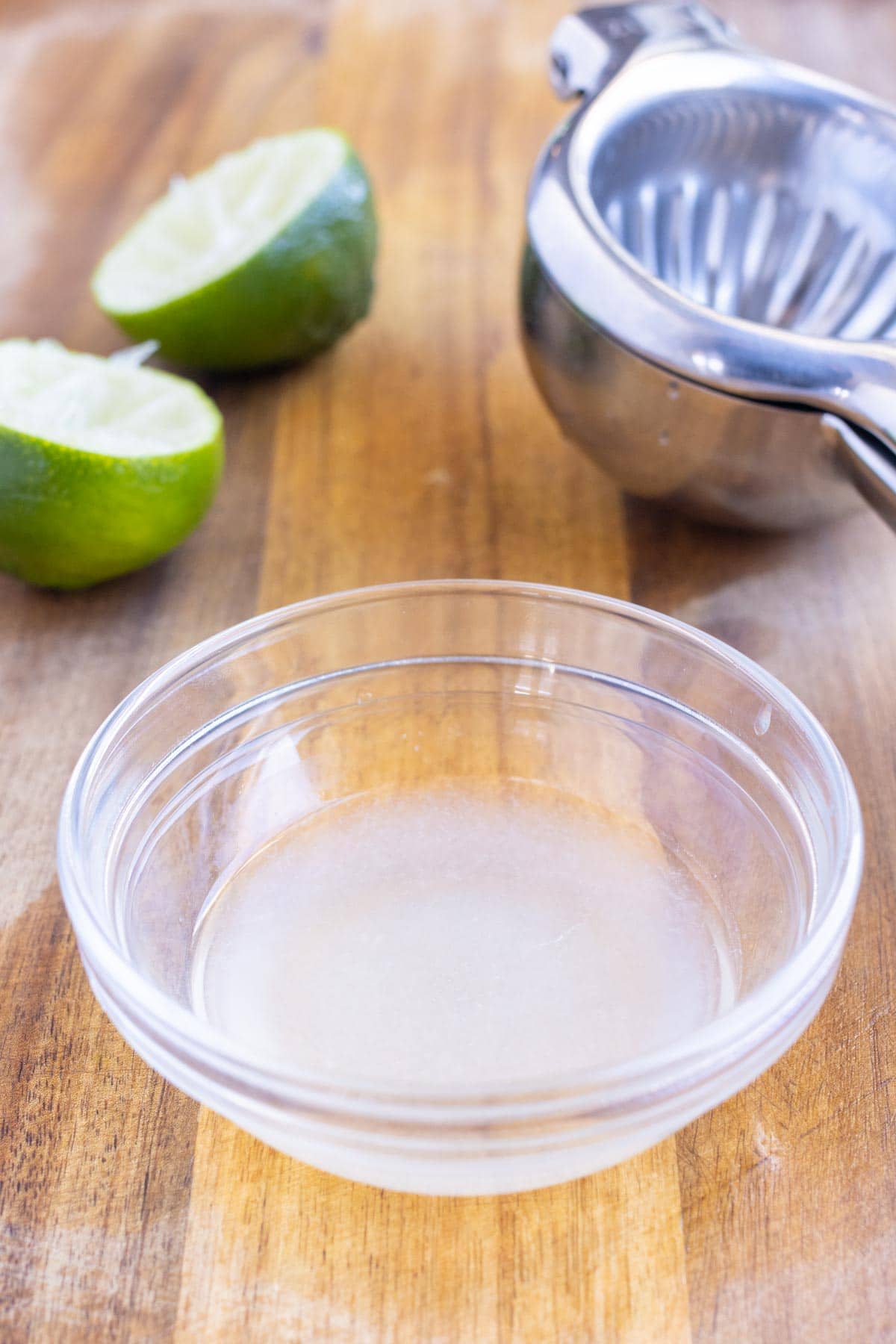
2. Apple Cider Vinegar
Another good substitute for fresh lemons is something that is considered a kitchen staple—apple cider vinegar! It has that lemony flavor because it is very tart and strong. You could use equal amounts here, but it’s suggested that you taste as you go because not everyone loves the strong flavor.
3. Orange Juice
A great option in place of lemon juice can be fresh orange juice! These citrus juices are less tart than lemons, so it can affect the flavor of your food. Use just a small amount of orange juice at a time since it does not have a similar pH level to lemons.
If you realize your dish is too sweet in your savory recipes, you can absolutely add something like beef broth or crushed red pepper flakes, depending on the type of recipe, to counter the overly sweet citrus flavor.
It’s important to understand that orange juice and the juice from a fresh orange are completely different. It’s not recommended to use orange juice from the carton as a substitute.
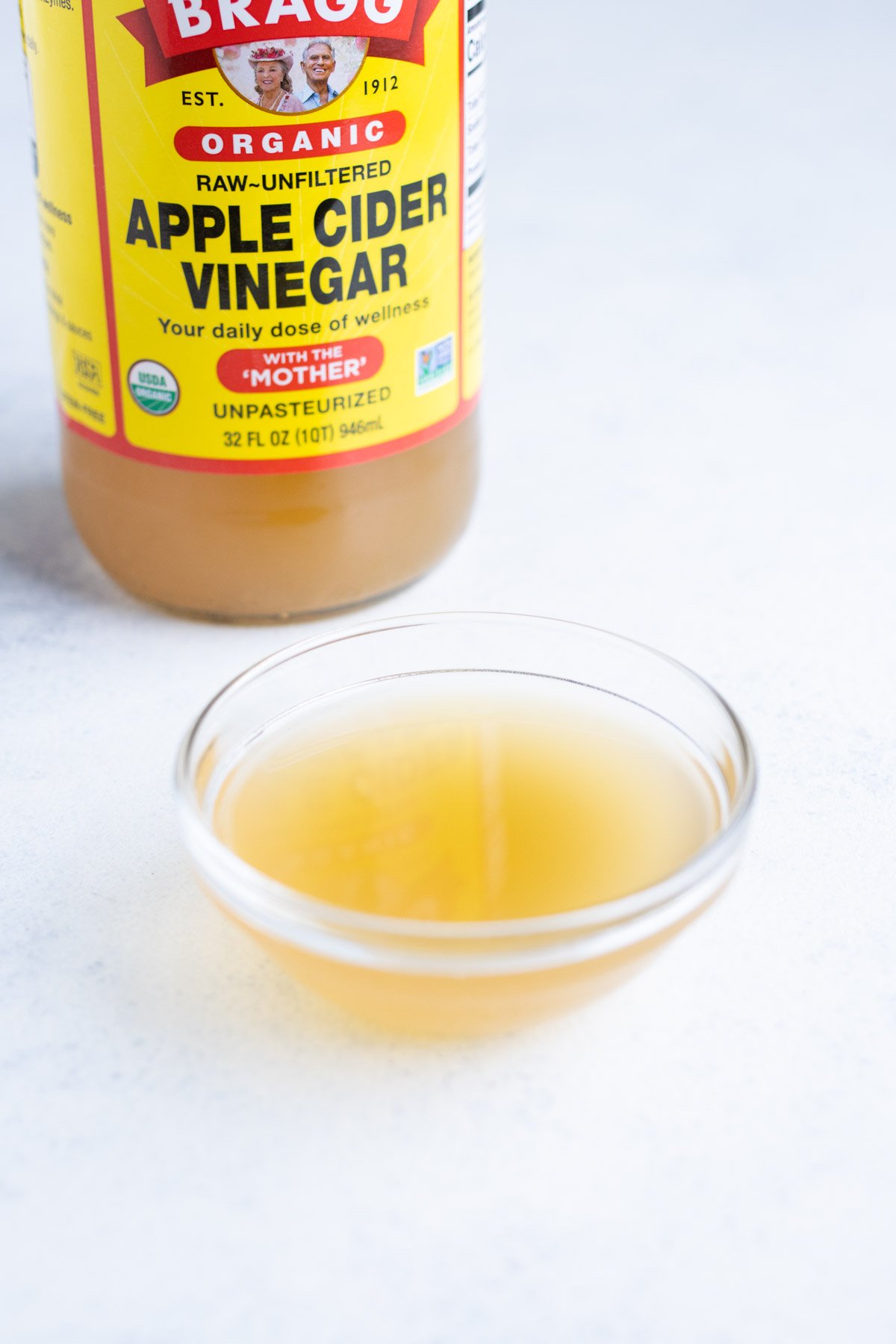
4. Cream of Tartar
This acidic powder can be a good option for a lemon juice substitute in baked goods. This ingredient is in recipes like snickerdoodles and whipped cream. It stabilizes egg whites and assists baking soda in sweet recipes like cookies.
If you need one teaspoon of lemon juice, use a half a teaspoon of cream of tartar. It doesn’t fit the fresh lemon juice vibe, but it will not affect the flavor or consistency. This substitute can give off a similar taste to lemon juice, but because it’s not liquid, you’ll need to pour in additional liquid from an ingredient already listed in your recipe. It’ll go a long way!
5. White Wine Vinegar
This ingredient might not always be the right substitute, but it is ideal in certain cases. If your recipe only calls for a splash of lemon juice to add acidity to your dish, then white wine vinegar will be the perfect fit. Both lemon juice and white wine vinegar have the same pH levels.
This vinegar doesn’t give off a citrusy flavor, but that’s not the point of this option. It’s adding that necessary acidic kick to whatever you’re cooking. This post on Apple Cider Vinegar Substitutes breaks down other vinegars that are milder and less acidic—the ideal flavor profile it you need something in place of lemon juice.
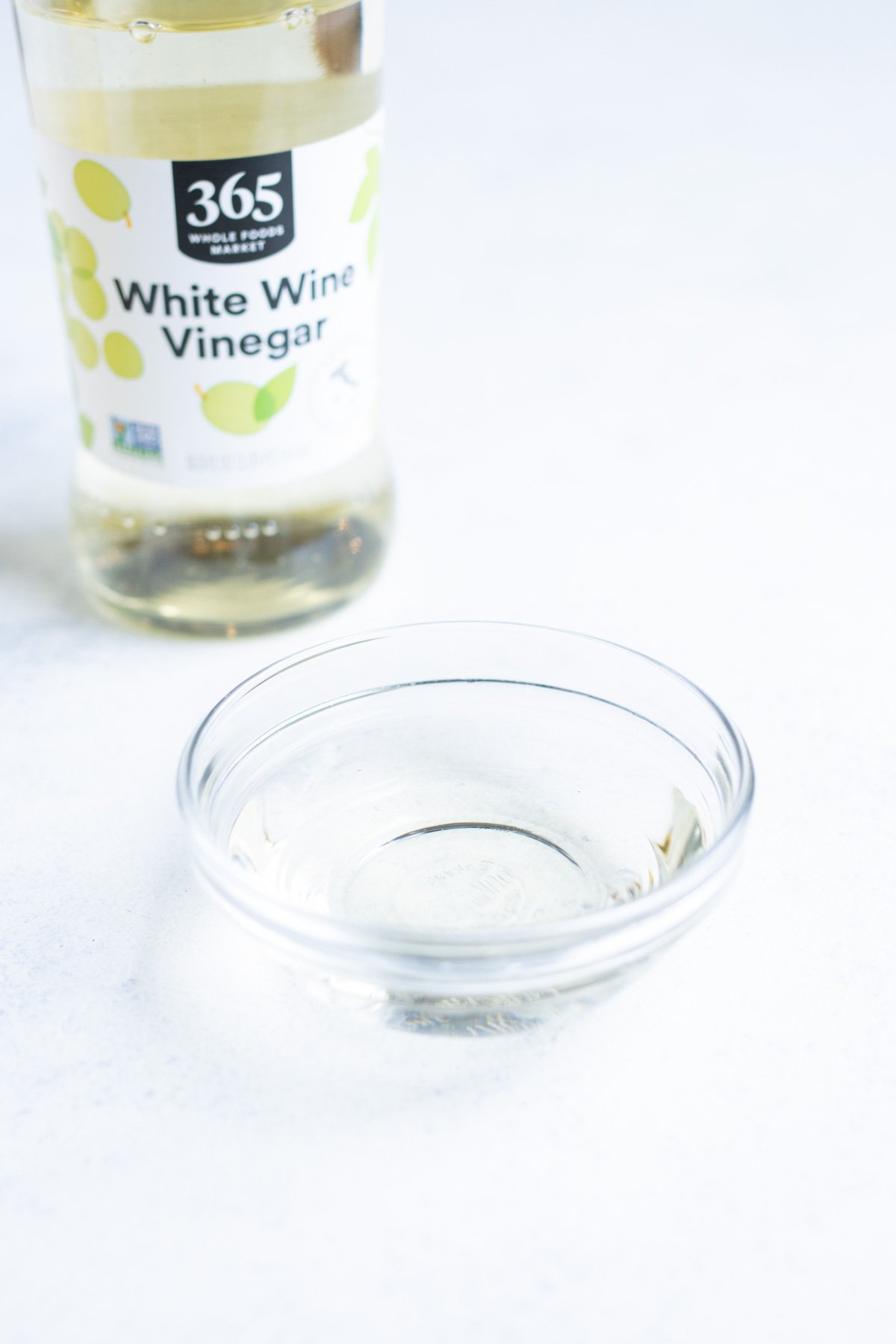



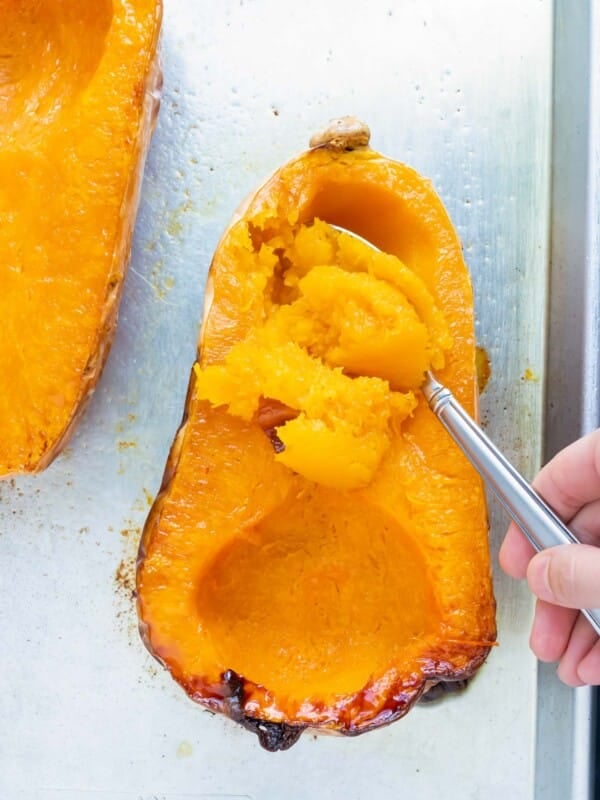











I cannot tolerate citrus fruits. Thank you for sharing these substitutes. I have used apple cider vinegar but didn’t know about the cream of tartar. I will try it.
I’m so glad this was helpful!